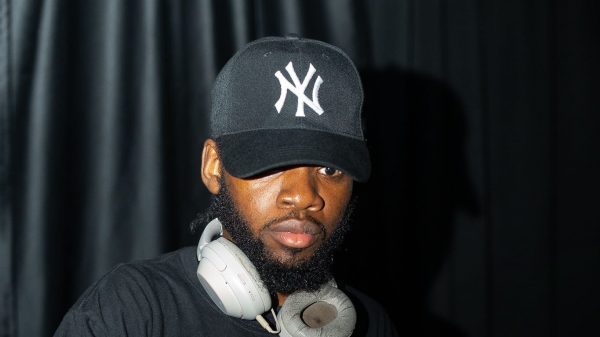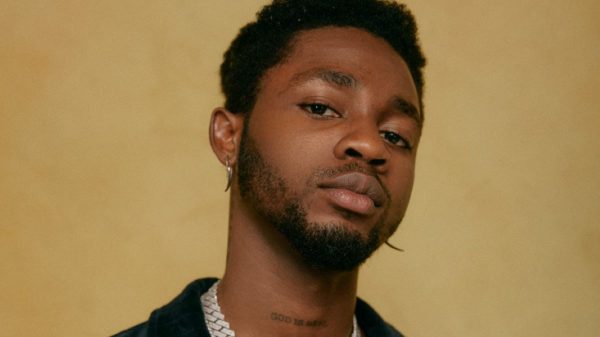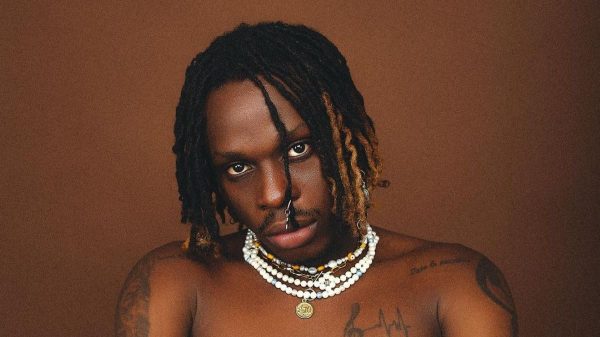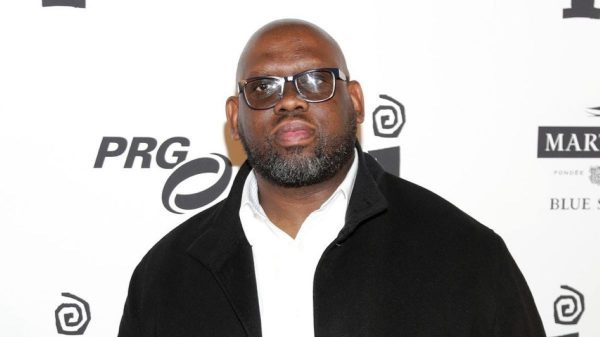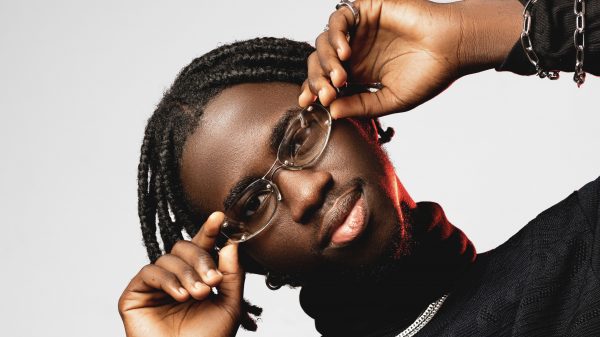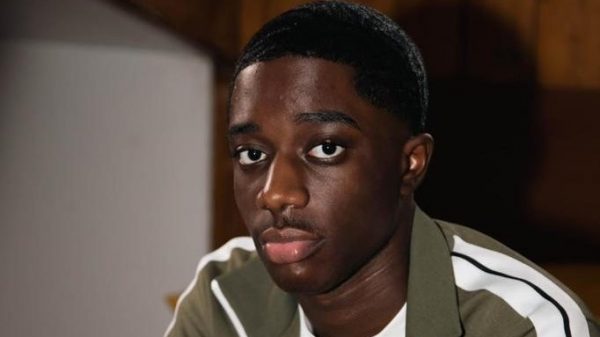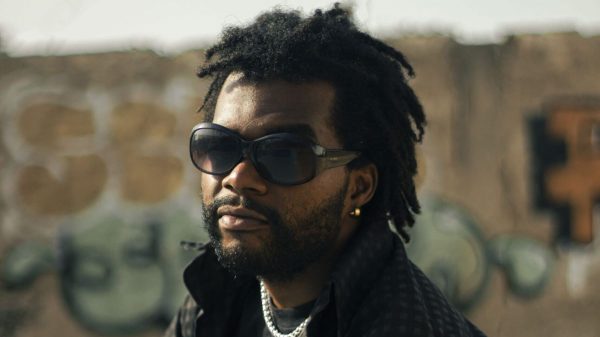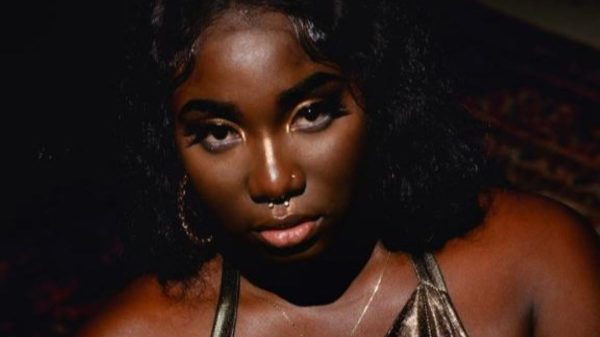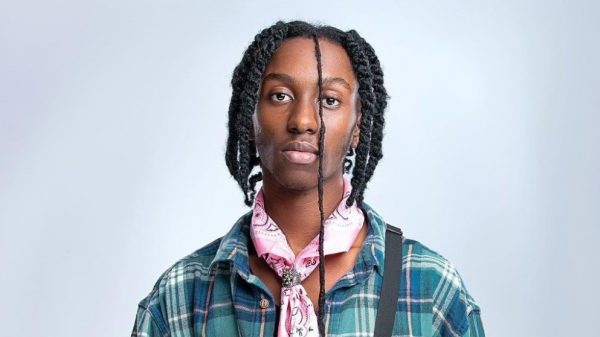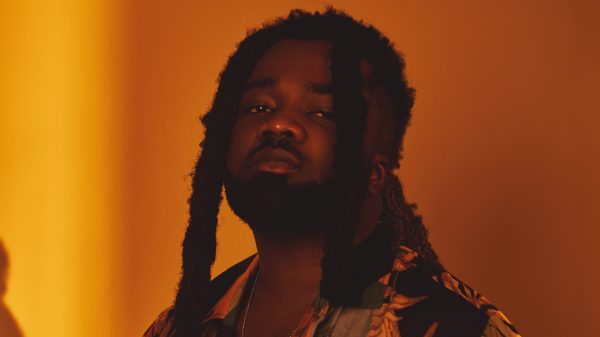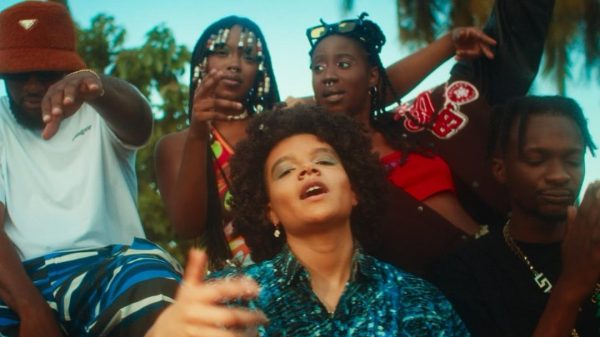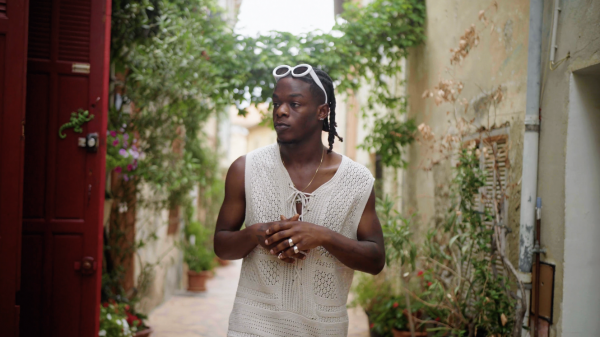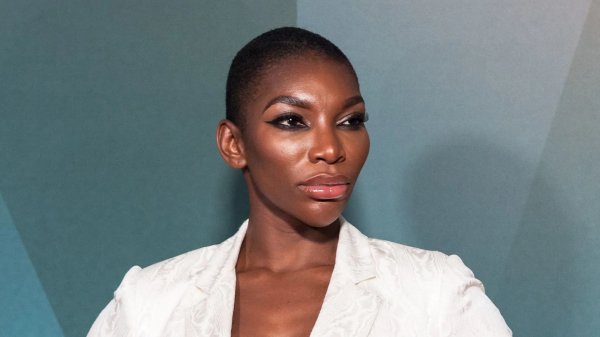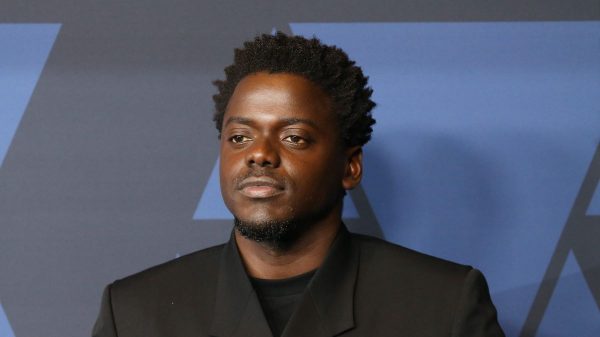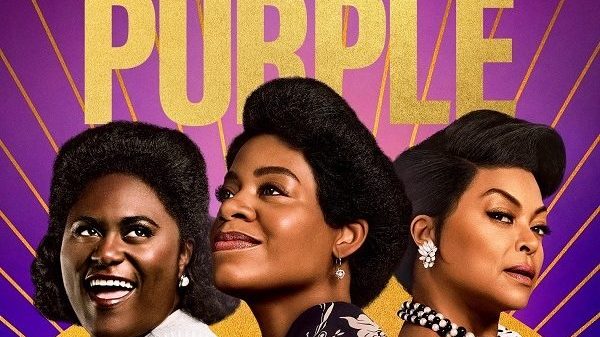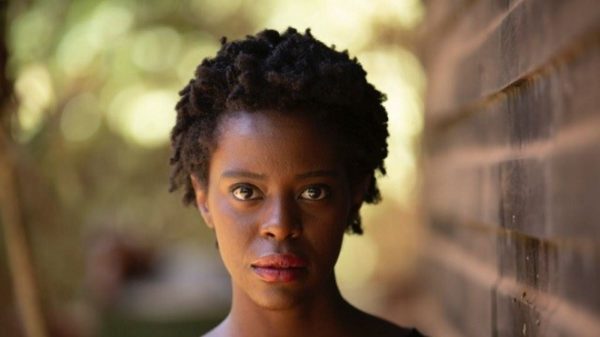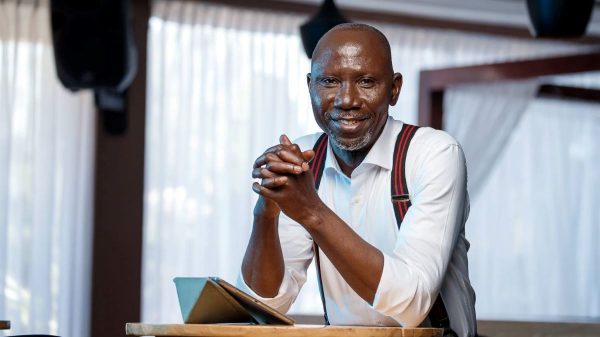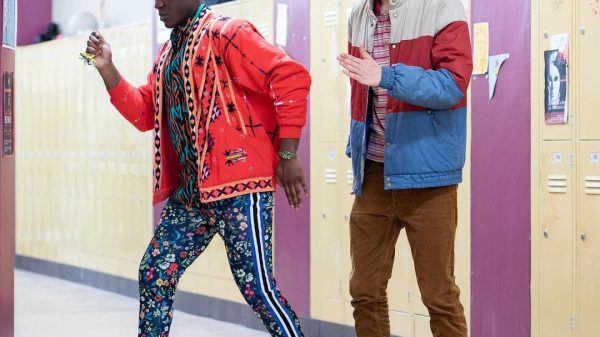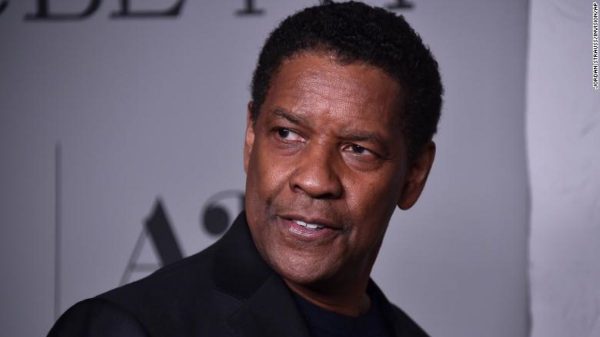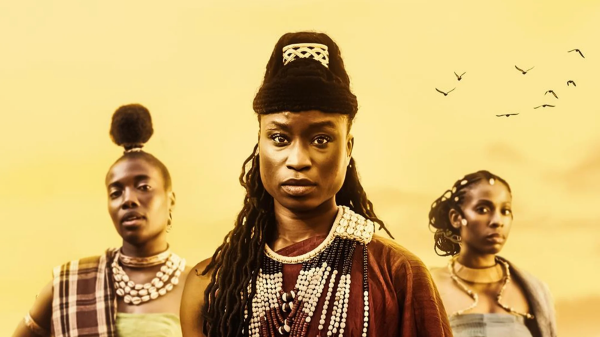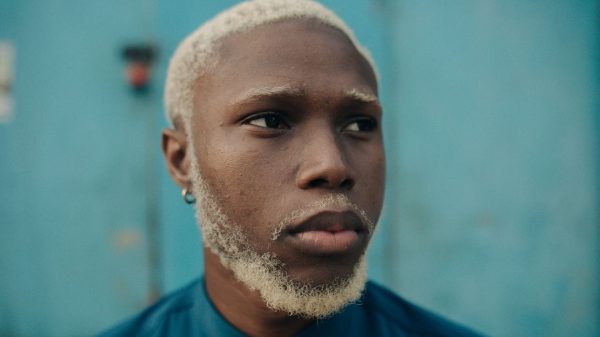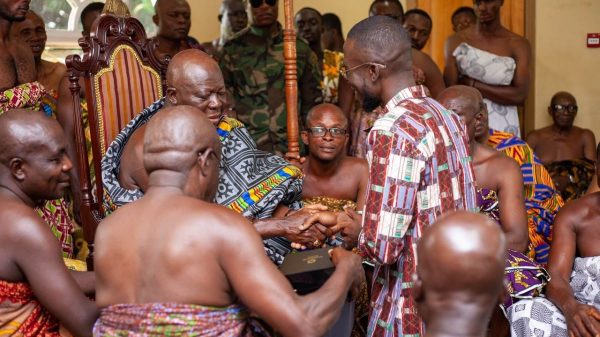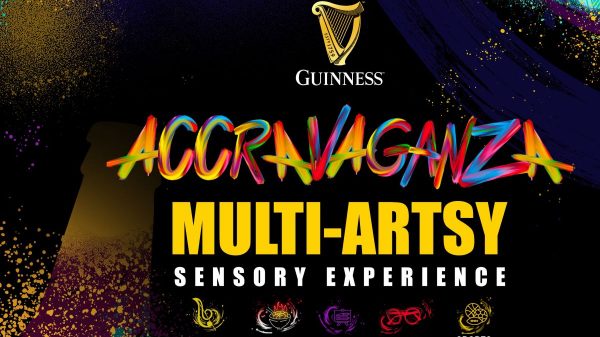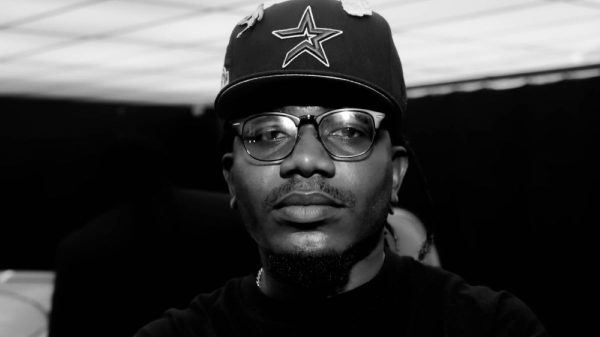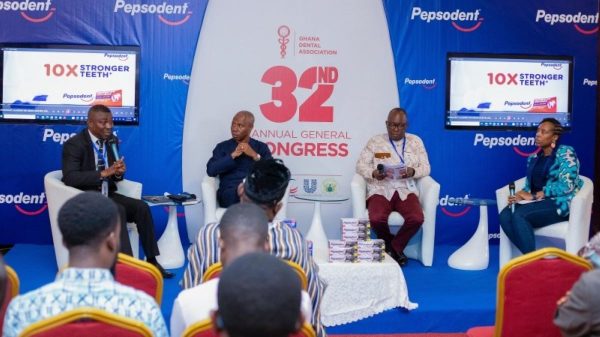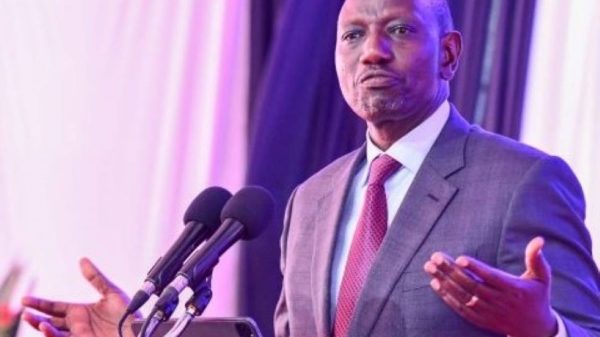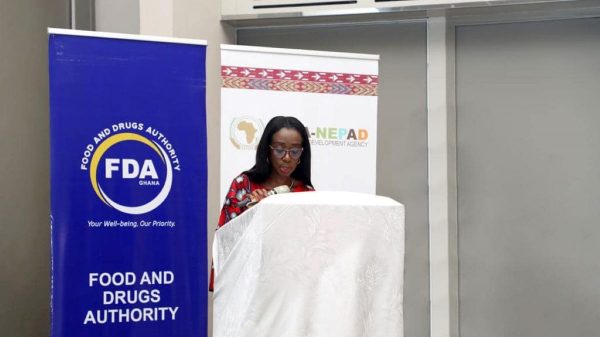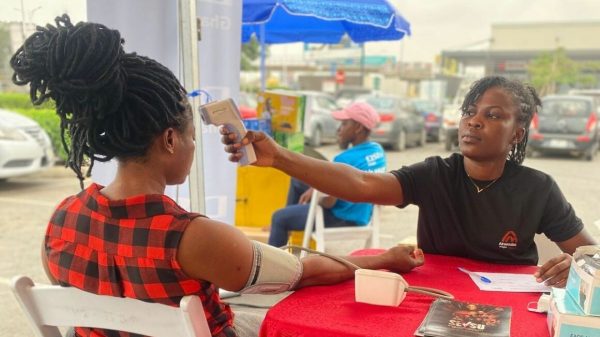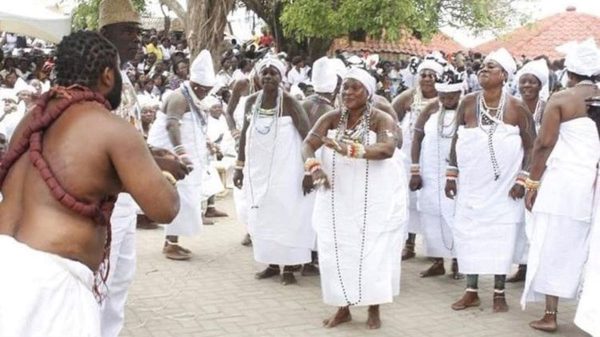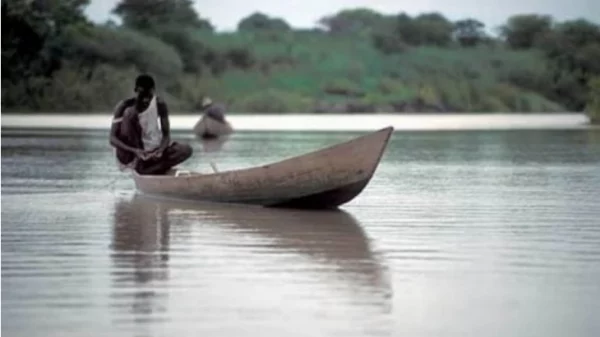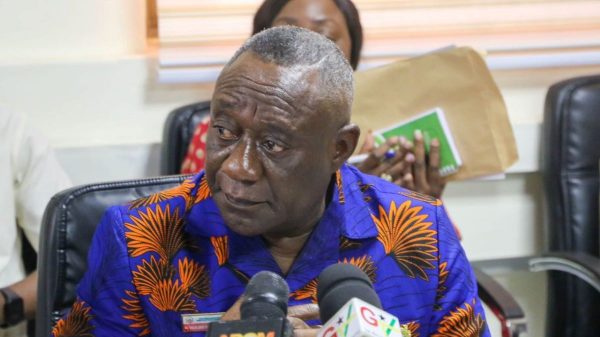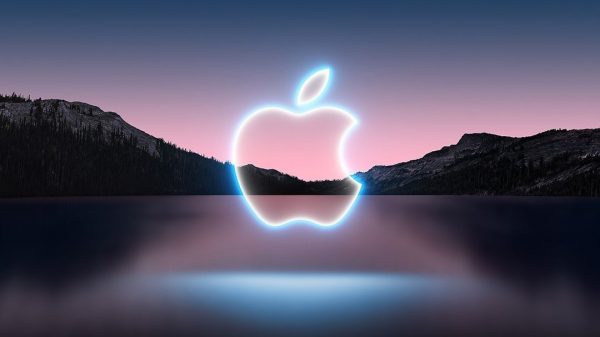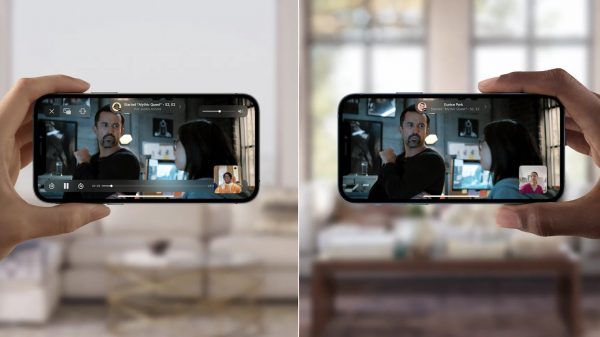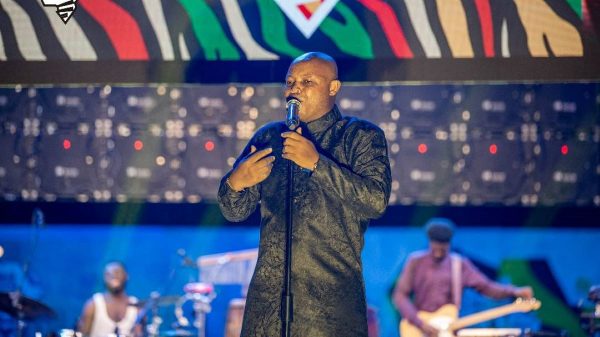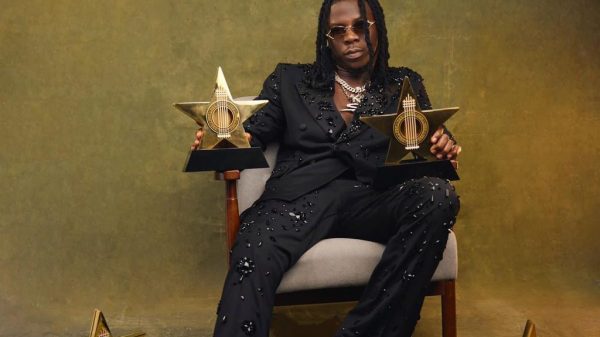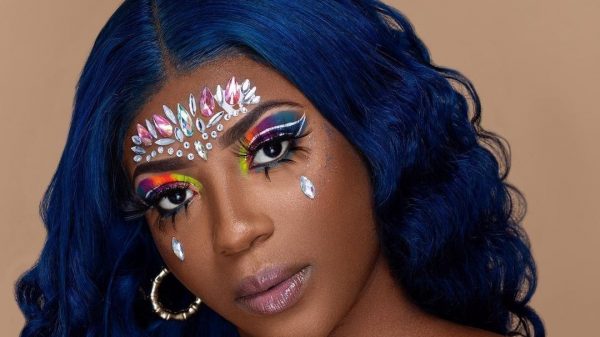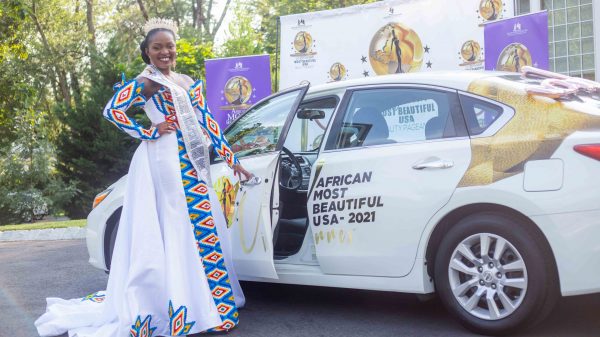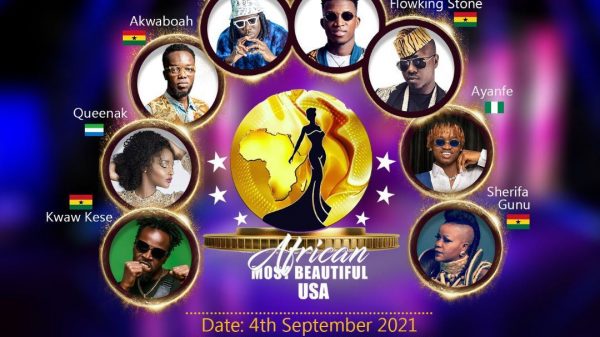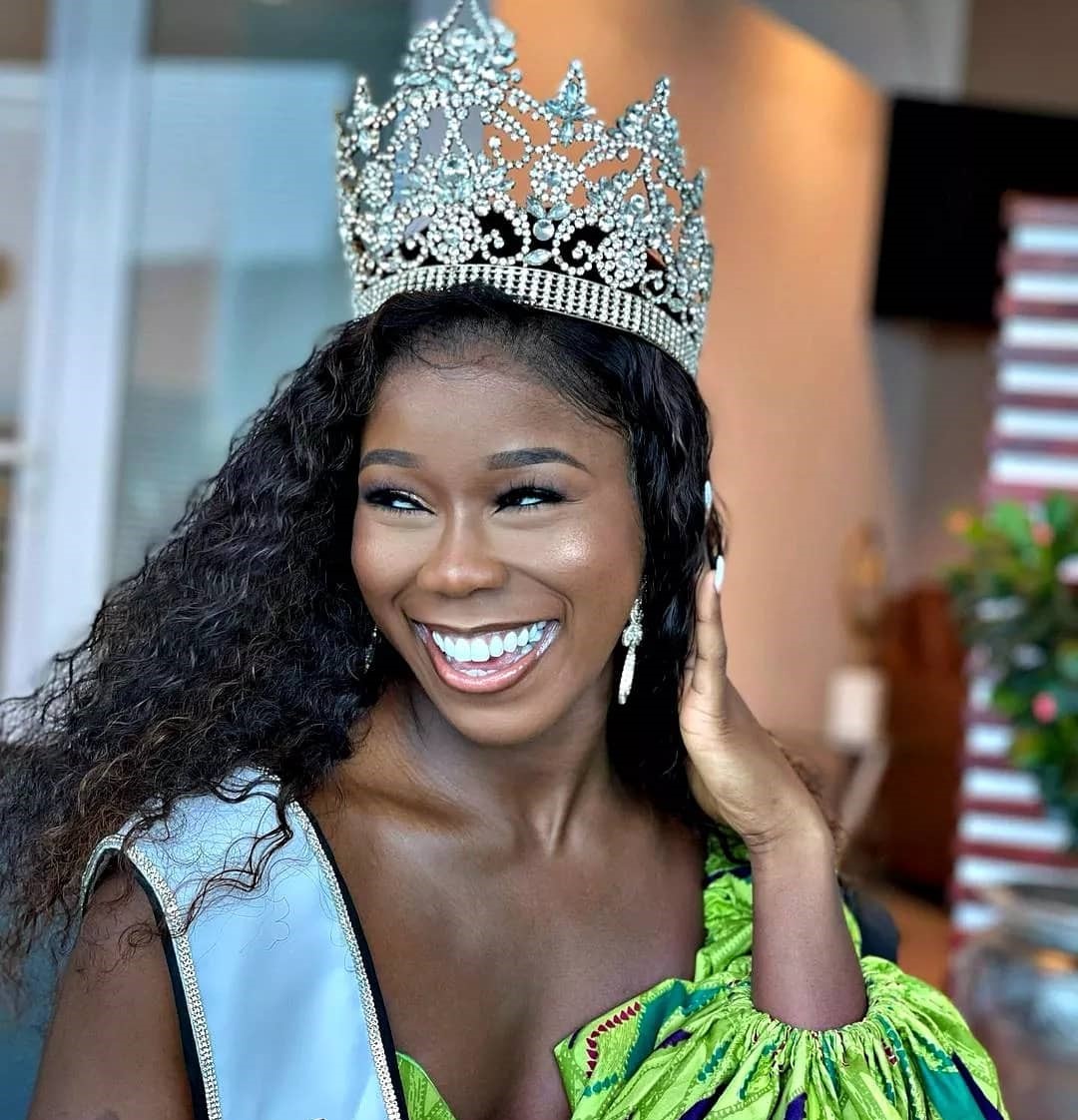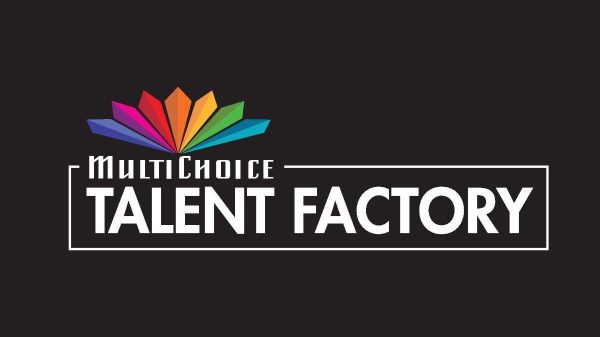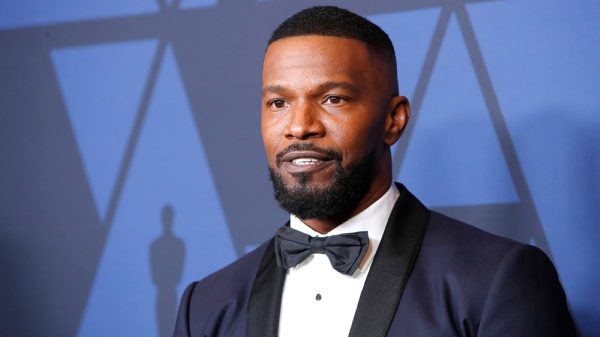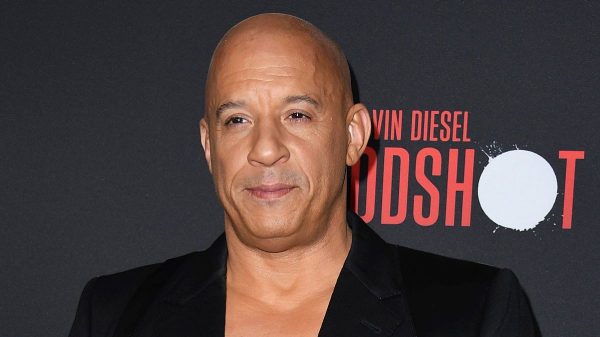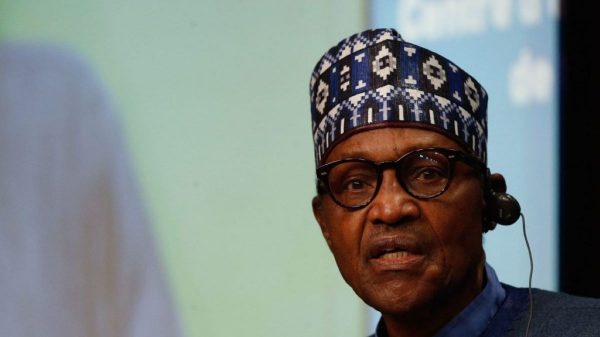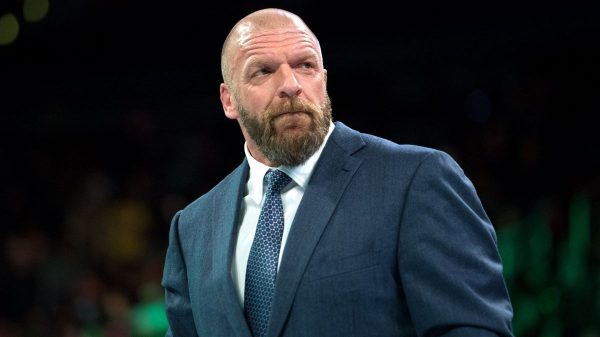Temi Adeniji has left the country she calls home for new pastures once before, when she departed Nigeria as a child, where she spent the first nine years of her life.
It would often be journalistically apposite here to suggest that Adeniji “never looked back” – and her subsequent achievements in the United States are certainly noteworthy enough to warrant it. She went on to graduate from Princeton University, before earning a law degree from Columbia University (in tandem with University College London), build a successful early law career, and then join Warner Music Group in 2016 as Director of International Strategy & Operations.
Indeed, in the past five years at WMG, Adeniji has warranted two promotions – to VP then SVP of International Strategy & Operations – while developing key company initiatives around the world, including a transformational partnership with Nigerian indie label Chocolate City.
Now, though, Adeniji has the chance to “look back” with both excitement and purpose.
On September 1, Adeniji will relocate from New York City to Johannesburg to become Managing Director of Warner Music South Africa and SVP, Strategy, Sub-Saharan Africa.
As such, she will have direct input into Warner Music Group’s activities across these territories, including her birthplace of Nigeria and other key nations in Sub-Saharan Africa (which include the likes of Ghana, Kenya, Cote d’Ivoire, Tanzania and many more).
Adeniji reports to Warner’s Alfonso Perez-Soto (EVP, Eastern Europe, Middle East, India and Africa) in her new role. She takes on further responsibility as SVP of Special Projects, giving her the freedom to seek out international opportunities for Warner outside of Africa.
Here, Adeniji tells MBW about her return to Africa, Warner’s strategy on the continent vs. Sony and Universal‘s, and the huge potential of many African nations in the streaming-led future of the record business…
CONGRATS ON THE NEW JOB. YOU’RE MAKING A BIG LIFE CHANGE JUMPING TO JOHANNESBURG FROM NYC. WHY MAKE THIS COMMITMENT?
It feels very natural. I’ve worked at Warner for more than four years now, often very closely with our team in South Africa and our partners across the continent – I’m very passionate about the artists and the music there. But although I’ve been a regular visitor, I haven’t lived full-time in Africa since I left Nigeria when I was nine.
“ALTHOUGH I’VE BEEN A REGULAR VISITOR, I HAVEN’T LIVED FULL-TIME IN AFRICA SINCE I LEFT NIGERIA WHEN I WAS NINE.”
I’ve been working at the center of the business, developing our strategy, and this was a real opportunity to bring that perspective to our day-to-day operations.
Our local team is incredibly knowledgeable, so together we’re going create a really unique, dynamic approach.
SOME WOULD SAY THAT WARNER HAS BEEN SLOWER THAN UNIVERSAL OR SONY WHEN IT COMES TO TAPPING THE OPPORTUNITIES AVAILABLE IN AFRICA – IS THAT FAIR?
I don’t see it like that – we’ve engaged and grown in a thoughtful and inventive way, without worrying too much what others are doing. Our strategy isn’t about how quickly we can open new offices. It’s never been about putting brass plaques on doors for us.
“IT’S NEVER BEEN ABOUT PUTTING BRASS PLAQUES ON DOORS FOR US.”
We’ve taken our time to work with extraordinary local partners, such as Africori, Chocolate City and Ziiki Media, who really understand the different markets and music scenes. We’re in it for the long haul, so we want to learn as much as we can, and add genuine value as we go.
WHAT MISCONCEPTIONS DO YOU THINK OBSERVERS FROM OUTSIDE AFRICA HAVE ABOUT THE MUSIC BUSINESS THERE?
I think the biggest misconception many people have is that Africa is a single market with a single music scene. You often hear execs from the US or Europe refer to any type of music coming out of the continent as ‘Afrobeats’, which is so reductive and frankly, intellectually lazy.
“YOU OFTEN HEAR EXECS FROM THE US OR EUROPE REFER TO ANY TYPE OF MUSIC COMING OUT OF THE CONTINENT AS ‘AFROBEATS’, WHICH IS SO REDUCTIVE AND FRANKLY, INTELLECTUALLY LAZY.”
Africa is a hugely diverse continent with different cultures, languages and contexts.
There are more than 50 countries, all with exciting local music scenes – from Alté in Nigeria, to Bongo Flava in Tanzania to the resurgence of the Kwaito sound in South Africa – a ‘one size fits all’ approach simply doesn’t work, you need to be nuanced and culturally sensitive.
ARE THERE ANY PRIORITY MARKETS THAT YOU’RE LOOKING AT ACROSS THE REGION?
We’re taking things region by region. There are some markets where there’s low hanging fruit and others that will be more difficult to penetrate. Obviously, we’re already established in South Africa and we want to expand our presence there.
“WE KNOW THIS IS A MARATHON, NOT A SPRINT, WE WANT TO GET THINGS RIGHT, NOT JUST RUSH INTO FURTHER DEALS.”
We’ve also struck some key partnerships in West and East Africa that give us exposure there and we’re building on those foundations in a very intentional way. But we know this is a marathon, not a sprint, we want to get things right, not just rush into further deals.
IS THERE ANY CHANCE OF MONETIZING THE BULK OF MUSIC CONSUMPTION IN AFRICA IN THE NEAR FUTURE? WHAT NEEDS TO BE ACHIEVED TO MAKE IT HAPPEN?
There are two main challenges. The first is to build a music ecosystem that’s fit for purpose. That means things like governments ensuring the fair enforcement of IP rights and the establishment of strong performance rights organisations.
The second is to address the issue of data costs so that people can listen to music in an uninhibited way. That has been done in markets such as India, we need to take similar strides in Africa.
DO YOU THINK WE’LL SEE GENUINE GLOBAL SUPERSTARS EMERGE FROM AFRICA IN THE NEXT FEW YEARS? WHAT ARE THE CHALLENGES THAT NEED TO BE OVERCOME TO ACHIEVE THIS?
We’re already seeing stars come out of Africa and build a global audience. Look at the success of the likes of Burna Boy or Master KG. We’re also hugely excited by the likes of CKay and Zahara, who are signed to WM South Africa, [as well as] Chocolate City’s Blaqbonez and Africori’s Focalistic.
You also see stars in countries such as France draw on their African roots in their music – just look at artists such as Ninho and Aya Nakamura.
“IT’S JUST A MATTER OF TIME BEFORE WE SEE AFRICAN ARTISTS BECOME SOME OF THE BIGGEST NAMES IN THE GLOBAL MUSIC BUSINESS.”
Access to music is becoming more democratic through streaming and pop music in many markets is drawing very heavily on influences from Africa. So it’s just a matter of time before we see African artists become some of the biggest names in the global music business.
The talent is unquestionable, the sound is undeniable.
![Spotify logo]() WHAT IMPACT DO YOU THINK SPOTIFY‘S RECENT EXPANSION ACROSS AFRICA, FOLLOWING ON FROM A SIMILAR MOVE FROM APPLE MUSIC LAST YEAR, PROMISES TO HAVE ON THE GLOBAL INDUSTRY?
WHAT IMPACT DO YOU THINK SPOTIFY‘S RECENT EXPANSION ACROSS AFRICA, FOLLOWING ON FROM A SIMILAR MOVE FROM APPLE MUSIC LAST YEAR, PROMISES TO HAVE ON THE GLOBAL INDUSTRY?
We love to see more avenues for the licensed consumption of music, as competition is healthy for the market.
These DSPs have had a track record of success in other territories and we’re hopeful they’ll do well in Africa too. Their presence will help monetise domestic markets and also open up international opportunities for African artists.
“ALL THE GLOBAL CHARTS WE’VE SEEN ON STREAMING SERVICES IN THE PAST HAVE EXCLUDED SUB-SAHARAN AFRICA. THAT’S MORE THAN 1.2 BILLION PEOPLE NOT REPRESENTED.”
All the global charts we’ve seen on streaming services in the past have excluded Sub-Saharan Africa. That’s more than 1.2 billion people not represented. Now those people are starting to join those services and it’ll shift their global demographics.
It’s also worth pointing out that there are established regional services, such as Audiomack and Boomplay, who’ve been present for a long time and have played a key role in catalyzing growth of the market. As we’ve seen in other regions, local services can remain significant players even when the global players open for business.
IF YOU WERE LOOKING BACK IN FIVE YEARS’ TIME, WHAT WOULD YOU BE HAPPY TO HAVE ACHIEVED?
For too long, Africa has been an afterthought for the global music industry. I want to build a sustainable business in Africa that can be seen as a standard bearer.
Part of what I want to accomplish in this role is to place Africa at the center of the conversation. And that means more artists from Africa taking their place on the global stage and expanding our offering across this fast-growing continent.
IF WE COULD GIVE YOU A MAGIC WAND TO FIX ANYTHING IN THE MUSIC BUSINESS TODAY – IN AFRICA OR ELSEWHERE – WHAT WOULD IT BE AND WHY?
On the continent, I’d wave my magic wand to reduce the costs of data consumption to zero. And actually, that’s not an impossible dream.
We’ve seen investment in fibre optics in India reduce the data consumption costs there to some of the lowest in the world, fuelling the growth of its digital music market. That’s an approach that can work for Africa too.
“I’D LIKE TO SEE THE MUSIC BUSINESS SHIFT AWAY FROM JUST TALKING ABOUT THE ANGLO MARKETS TO A MORE GLOBAL CONVERSATION.”
Globally, I’d like to see the music business shift away from just talking about the Anglo markets to a more global conversation.
There is so much amazing music coming out of places that still gets overlooked because it’s not in English – we need to change that mindset for good.
source – musicbusinessworldwide.com


